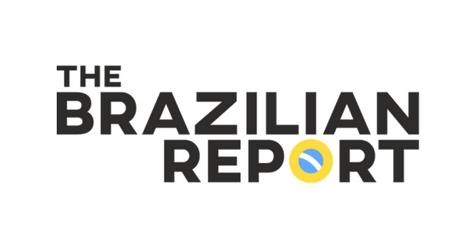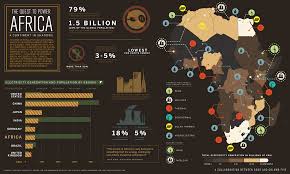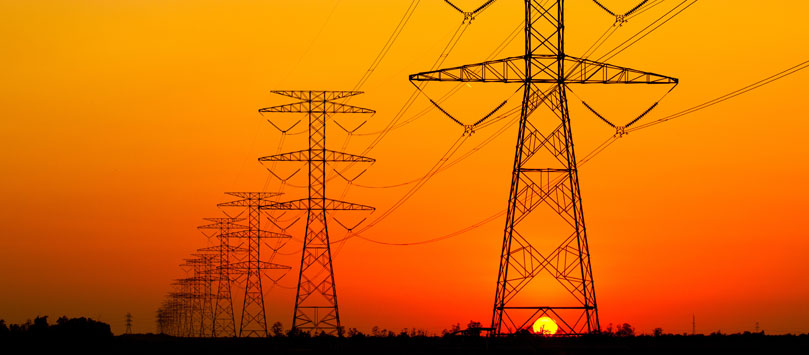Analysis
The months-long stalemate between Brazil’s ruling Workers’ Party and the opposition has finally been broken, and President Dilma Rousseff is one step closer to losing her post. On Dec. 2, Eduardo Cunha, the president of Brazil’s lower house of parliament, agreed to put a request for Rousseff’s impeachment to a vote. His decision comes the same day Workers’ Party lawmakers on the House Ethics Committee agreed to move against him by approving the start of a criminal investigation into his supposed criminal activities. Cunha allegedly accepted bribes, both from a financial official and in relation to the ongoing Petroleo Brasileiro scandal.
The committee members’ decision brought an end to what has been a drawn-out stalemate between Cunha and the president. The two leaders’ respective parties, the Democratic Movement Party of Brazil (better known by its Portuguese acronym, PMDB) and the Workers’ Party, have been at odds for months as they have negotiated to avert triggering an impeachment process against Rousseff, who is facing allegations that her administration violated federal fiscal responsibility laws for years. It is unclear exactly why the Workers’ Party finally decided to move forward with the criminal proceedings against Cunha, knowing that he would undoubtedly use his position in the lower house to respond with a move against Rousseff, but it appears that the decision came as a response to the demands of a faction within the ruling party. Whatever the motive, the ethics committee’s actions will lend legislative support to bring criminal charges against Cunha in the future and possibly even strip him of his parliamentary immunity. Cunha’s response may be a last-ditch effort to avoid being expelled from the Chamber of Deputies.
Rousseff, who can be removed from office by a two-thirds vote in the parliament’s lower house, is now facing a very real threat to her hold on power. Still, there are several steps left between Cunha’s latest decision and Rousseff’s actual removal. First, 342 of the 513 lawmakers in the lower house must vote in favor of opening the impeachment process — a feat Cunha will not be able to achieve unless the bulk of the PMDB, the second-largest party in the lower house, swings in favor of the impeachment. But his choice to put the impeachment bid to a vote likely means that at least some members of the PMDB and other parties have thrown their support behind him amid Rousseff’s declining popularity. If Cunha is in fact successful in initiating the impeachment process, then several congressional sessions will still have to be held over the coming months to allow Rousseff to defend herself. Only then could the final impeachment vote take place, clearing the path toward an eventual judgment by the Senate. Brazilian law requires the entire process to be completed within 180 days of its initiation.
Regardless of its outcome, the latest move toward Rousseff’s impeachment will erode investors’ confidence even further at a critical time for Brazil. The country is attempting to address the fallout of the Petrobras corruption scandal, which made international headlines in 2014, and the mass firings and funding issues that stemmed from the scandal have only added to Brazil’s already complicated economic outlook. The country’s economy, which relies heavily on commodity exports, has slowed amid tumbling global prices, and the government has struggled to figure out how best to revive it while keeping inflation and unemployment levels down. As the impeachment battle drags out, congressional negotiations on budget cuts and outstanding regulatory proposals — including a proposal on the table to amend the pre-salt exploitation regime and a separate one to amend the nation’s mining code — will likely grind to a halt. The risk of anti-government protests will also rise, adding to the embattled president’s growing list of concerns.







